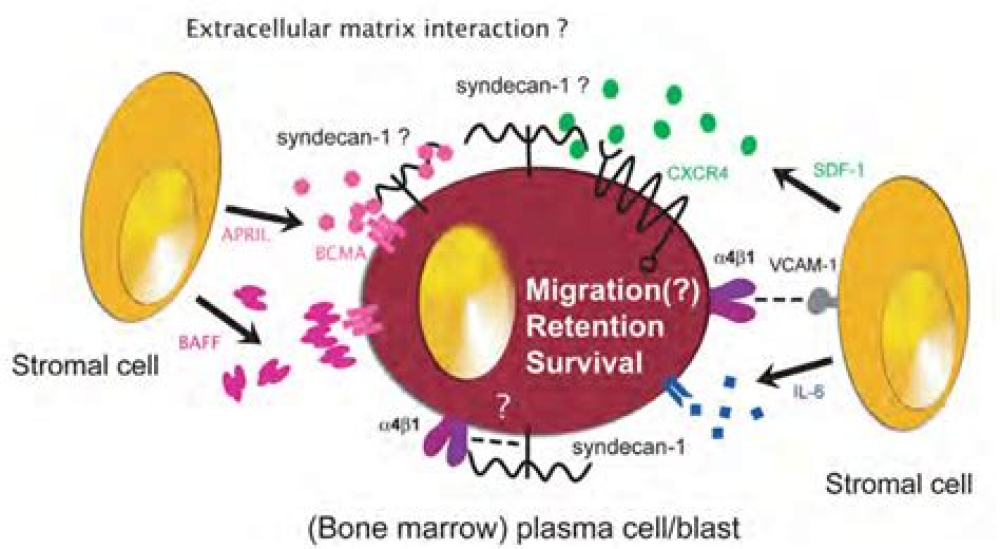Authors: Jackson S. Turner, Wooseob Kim, Elizaveta Kalaidina, Charles W. Goss, Adriana M. Rauseo, Aaron J. Schmitz, Lena Hansen, Alem Haile, Michael K. Klebert, Iskra Pusic, Jane A. O’Halloran, Rachel M. Presti & Ali H. Ellebedy
Abstract
Long-lived bone marrow plasma cells (BMPCs) are a persistent and essential source of protective antibodies1,2,3,4,5,6,7. Individuals who have recovered from COVID-19 have a substantially lower risk of reinfection with SARS-CoV-28,9,10. Nonetheless, it has been reported that levels of anti-SARS-CoV-2 serum antibodies decrease rapidly in the first few months after infection, raising concerns that long-lived BMPCs may not be generated and humoral immunity against SARS-CoV-2 may be short-lived11,12,13. Here we show that in convalescent individuals who had experienced mild SARS-CoV-2 infections (n = 77), levels of serum anti-SARS-CoV-2 spike protein (S) antibodies declined rapidly in the first 4 months after infection and then more gradually over the following 7 months, remaining detectable at least 11 months after infection. Anti-S antibody titers correlated with the frequency of S-specific plasma cells in bone marrow aspirates from 18 individuals who had recovered from COVID-19 at 7 to 8 months after infection. S-specific BMPCs were not detected in aspirates from 11 healthy individuals with no history of SARS-CoV-2 infection. We show that S-binding BMPCs are quiescent, which suggests that they are part of a stable compartment. Consistently, circulating resting memory B cells directed against SARS-CoV-2 S were detected in the convalescent individuals. Overall, our results indicate that mild infection with SARS-CoV-2 induces robust antigen-specific, long-lived humoral immune memory in humans.
For More Information: https://www.nature.com/articles/s41586-021-03647-4
